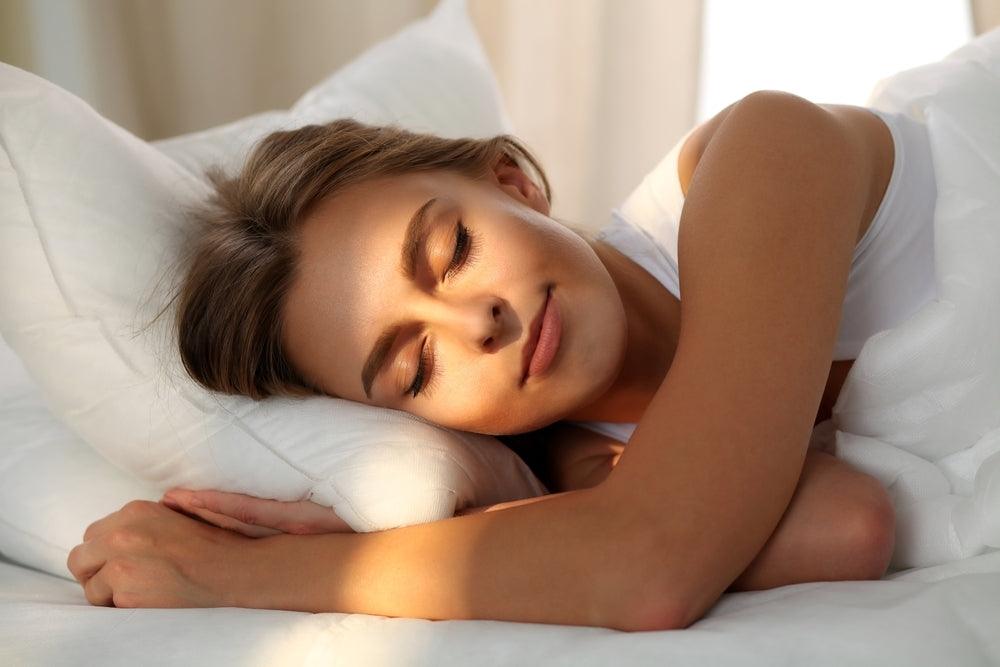It’s a cliche, but there could be more truth behind getting your ‘beauty sleep’ than we may have thought. A good night’s rest is essential for the body to recover from daily stressors, and it plays a bigger role in maintaining a youthful appearance than you may realise.
How much sleep do we really need?
Everyone’s different, and the amount of sleep you’ll need to wake up feeling refreshed and ready to start your day will differ. But it’s recommended that adults get around eight hours of sleep every night. Any less than six and you are likely to notice the impact it has on your body, your appearance and your mood.
What’s the science behind beauty sleep?
Beauty sleep refers to the time the body takes to heal from any damage done during the day. When we sleep, the muscles relax and our circulation can improve, which helps with rebuilding collagen for plumper dewy skin, and activating recovery mode. Overnight, the body creates new cells which heal the skin from the inside out, beyond the epidermis, which helps the skin look bright and rejuvenated in the morning.
Good quality sleep is vital to allow the body to carry out these processes, so we wake up feeling revitalised and looking fresh-faced. When you’re sleep deprived, you’ll notice that your skin is duller and drier; you might have more spots than usual, and fine lines and wrinkles will look more pronounced.
How to get a better night’s sleep
Getting your sleep quality right can take time, but it’s well worth the effort. There are a few ways you can make sure you get the best rest when your head hits the pillow.
Create the right environment
Sleep hygiene involves creating a routine that sets your body up for a good night’s rest. This means keeping the room cool and dark, switching off electronics and heading to bed at the same time every evening so your mind knows when it’s time to start winding down. Keep your bedroom gadget-free, stop using electronic devices an hour before bed and indulge in relaxing activities like reading or journaling.
Keep stress to a minimum
Stress makes it very hard to sleep well, and you might find it difficult to rest properly if your mind is racing or you’re having anxious thoughts. Too much stress negatively affects our physical and mental health, causing issues like tension headaches, high blood pressure and neck pain, but it also affects our sleep schedule. In order to sleep well each night, take time to work on reducing your stress levels. Maybe you take an evening walk to unwind, take part in a yoga class or meditate.
Avoid stimulants before bed
Skip the post-dinner coffee or alcohol before bed, as these can leave you feeling wide awake when it’s time to get some shut-eye. In fact, you should avoid them at least three hours before you plan on going to bed, to give your body a chance to process them and for the stimulating effects to wear off.
Stay hydrated
Hydration is essential for the body, and for producing healthy, clear skin. But drinking a pint of water before bed can leave you needing the bathroom and disrupts your sleep. Instead, focus on eating fresh foods like water-rich fruit and vegetables before bed to keep your cells hydrated and skip salty snacks in the evening that can cause puffiness and inflammation.
Sleep is crucial for our mental and physical health, but it’s also important for our appearance too. In order to stay fresh-faced and youthful for as long as possible, you need to get high quality sleep every night.

